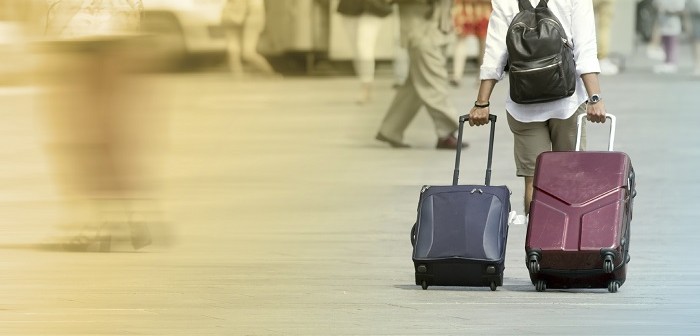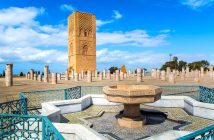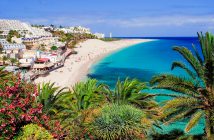Today there are as many types of tourism as there are types of travelers. National, international, romantic, family, adventure or relax; everything has a place in an increasingly demanding market that requires continuous upgrade if you do not want to be left behind.
One of the most booming sectors is the so-called “Islamic Tourism,” a market which, for its peculiarities, requires further study if we wish to satisfy such visitors. An economic reef impossible to ignore and which has as its cornerstone what the experts call the ‘Halal Tourism.’
Spanish tourism companies interested can offer their customers a Halal tourism certification issued by the Halal Institute, an entity created in 1986 by the Islamic Association Board.
This institute is dedicated to regulating, controling and certifying food products and services developed under Islamic law and therefore fit for consumption among the Muslim population.
When a traveler is planning to visit Spain , the first question they raise is, “Will I be easy to find Halal food establishments?” And the answer is not simple, it is true that there are many such ‘fast food’ establishments that assure they offer this type of treatment provided in their products, but if you are looking for quality or variety, options are very limited.
According to the estimates of the Halal Institute, the market moves annually about three billion dollars (2.75 billion euros) in the world. Of that number, about 20,000 million are concentrated in Europe, of which only 800 correspond to Spain. A low figure when taking into account the great attraction that our country poses to Muslims who know that their ancestors ruled much of the Iberian Peninsula for centuries.
Inadequate policies and lack of interest have been the causes that Spain has long been lagging behind in this type of tourism. Other countries, such as New Zealand, have already recognized this business opportunity long ago. In fact, in 2012, this country prompted a Halal gastronomy guide, obtaining an increase of 141% in Muslim tourists.
In Spain, there is only one hotel establishment with Halal certificate, located in the town of Marbella, which gives an idea of how much remains to be done in this sector. The rich Islamic cultural heritage is not enough to attract these visitors who demand environments called ‘Muslim friendly’ and ranging from gastronomy to facilitating appropriate places for their prayers.
Fortunately, the situation is likely to overturn soon, as according to the said Institute, there are already 300 companies, especially in the food sector, which have applied for their certificate of Islamic conformity, according to the Halal Institute. Good news are completed with the data provided by the Ministry of Industry, Energy and Tourism, which in its latest statistics says that in 2014, 1.15 million visitors from the Islamic world came to Spain, a market that grows by 8, 5% per year..
Proof of this progress is the Halal certification obtained by restaurants Black & White, Carpaccio, Aretusa 1 and La Marina, belonging to the Blue Bay group and located in the privileged enclave of Puerto Banus. Halal food, quality and luxury come together in these establishments, samples of our times.
Very encouraging data which allows us to believe that soon, Spain will recover its positions in this market.






